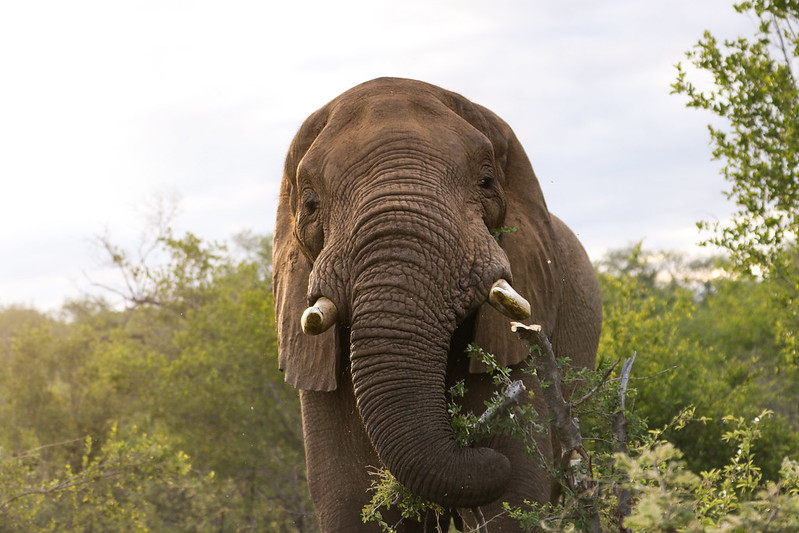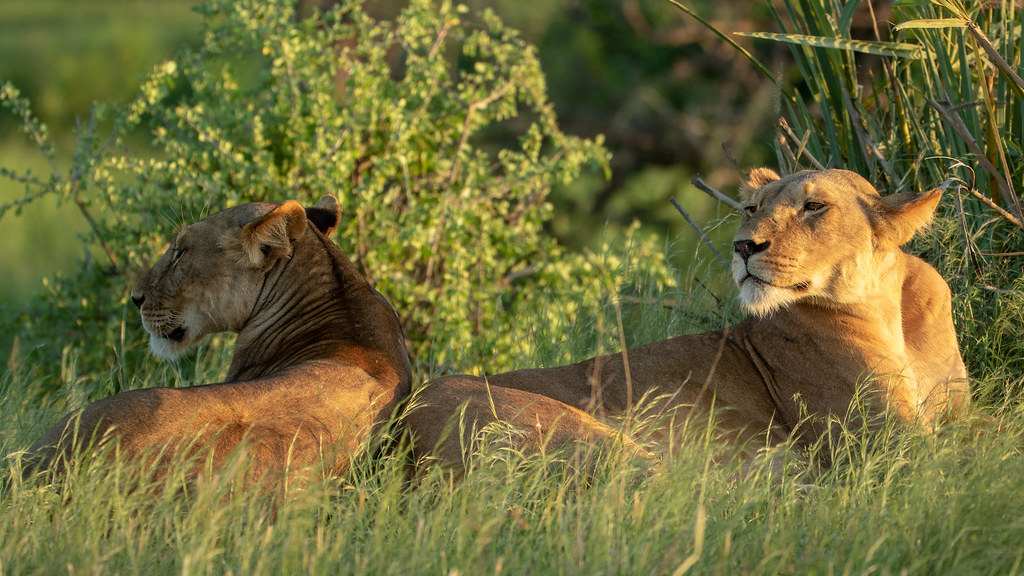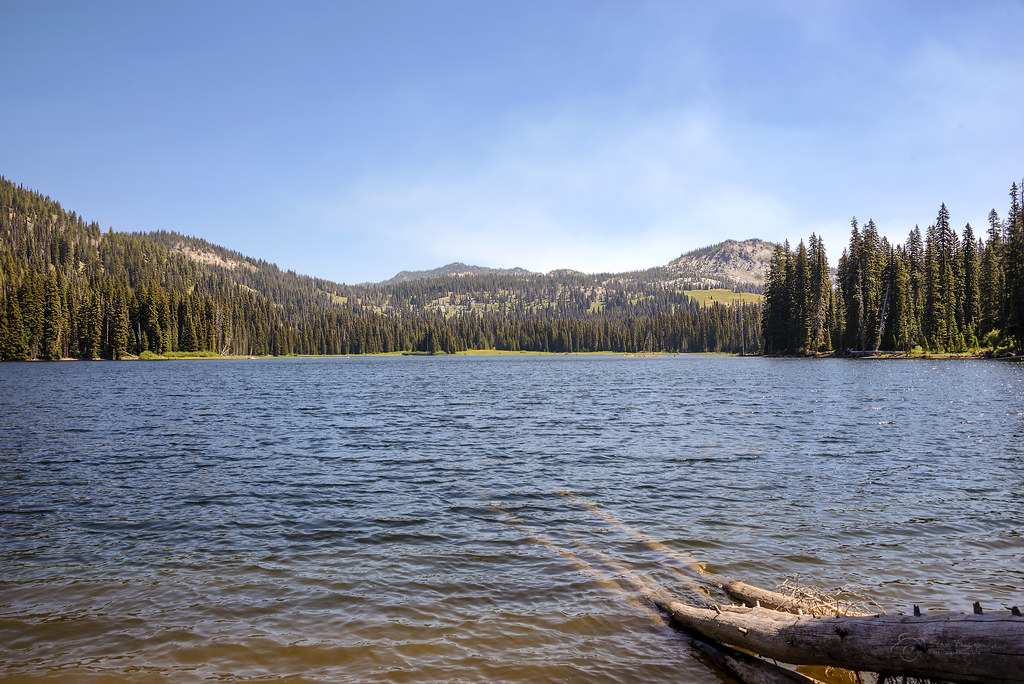
South African Safari Cost, Day By Day Prices, 2025
South African Safari Cost, Day By Day Prices, 2025.
What is the price of a safari in South Africa?
It is difficult to answer the question of how much a safari in South Africa costs. The main reason for this is that, in addition to being a safari destination, the country offers a wide range of fascinating activities for tourists, including the thriving wine regions, the many cosmopolitan cities, the stunning scenery, the tall mountains to hike, and, most importantly, the stunning beaches.
It’s important to keep in mind that the number of safari nights you spend in the national parks or reserves on your itinerary will have the biggest impact on the total cost of your safari in South Africa, as these are thought to be the most costly when compared to spending a night somewhere else in the nation.
Factors Affecting the Price of a South African Safari Vacation
As previously stated, there are a lot of considerations, which we have highlighted below to help you better understand how much money you would need to spend when you travel to South Africa for your African safari.
The price of lodging at the South African Safari Lodge
South Africa has an abundance of lodging options that are reasonably priced, well-maintained, and offer decent amenities. In conclusion, the amenities are assessed in the Rand, the local currency, and can be classified as budget, mid-range, luxury, or super-luxury. In contrast to other regions of South Africa, safari lodges located within national parks are more expensive to stay at. These can cost as much as US $2,300 per person per night in ultra-luxurious safari lodges, or roughly US $280 per person per night when sharing in a budget game lodge.
An overview of the typical rates for lodging at South African safari lodges and outside of them may be seen below.
| Type of Accommodation | Price Range in Safari Lodges | Price Range Elsewhere | |
| 1. | Budget accommodation | $275 to $450 | $100 to $200 |
| 2. | mid-range accommodation | $450 to $750 | $200 to $350 |
| 3. | luxury accommodation | $750 to $1100 | $450 to $650 |
| 4. | super luxury | $1100 to $2300 |
Number of nights on a safari
Many tourists who travel to South Africa have favorite vacation plans that include a variety of activities like whale watching, lounging on the stunning beaches, touring the Table Mountains, touring wine estates, and touring the stunning cities, not to mention visiting the national parks to witness the abundant wildlife.
Although it is quite common for them to spend three to four (3 to 4) days on safari while exploring the national parks, each night spent in a game lodge within South Africa’s national parks is more costly than a night spent at any other vacation spot in the nation. As was previously said in the lodging cost, you will see that the more nights you spend on safari, the higher your total cost will be.
Because of this, it is strongly recommended that you consider your budget and the amount of days you will be spending on safari while creating your itinerary.
The cost of safaris in Randas, South Africa, is
Thankfully, compared to several other nations, South Africa is among the most affordable travel destinations on the African continent. The primary reason for this is that, in contrast to most other places where itineraries are priced in US dollars, Safari’s prices are in the local currency.
Table displaying the average daily cost of safari in several African countries
| Country | Budget (private) | Mid-range (private) | Luxury (private) | Super Luxury (private) | |
| 1. | South Africa | $230 – $350 | $350 – $450 | $550 – $650 | $700 – |
| 2. | Botswana | $400 – $550 | $550 – $850 | $850 -$1100 | $1,000 -$1,700 |
| 3. | Tanzania | $250 – $400 | $400 – $550 | $550 – $800 | $850 – $1,200 |
| 4. | Namibia | $230 – $400 | $400 – $550 | $550 – $750 | $750 – $1,100 |
| 5. | Zambia | $200 – $350 | $370 – $500 | $500 – $800 | $800 – $950 |
The peak Safari season is the Low climatic season
South Africa is unique in that the greatest time to go on safari is during the winter, or dry season, which runs from June to September. Conversely, as Europe enters its summer, a huge number of tourists travel to South Africa to take advantage of the summer vacation, which really causes the demand for safaris in the nation to reach its peak.
Game viewing in South Africa’s safari national parks and reserves, including the Kruger, KwaZulu-Natal, Madikwe, and Pilanesberg, is at its best due to the country’s unique seasonality. This is because the vegetation is short, thin, and dry, and the wild animals tend to crowd out the few remaining water holes, making it much easier to see them than in the summer when they are scattered throughout the longer grass.
Safari lodges don’t raise their rates during this time of year. It’s also interesting to note that the cost of safari lodging is the same throughout the year, with several establishments in national parks and reserves in places like Madikwe and the Eastern Cape providing even more affordable rates in May, June, and July. Additionally, several establishments provide exclusive savings to guests who stay at their facilities longer. Conversely, throughout South Africa
The months of May through mid-September are regarded as South Africa’s low season, during which time some lodges and hotels offer reduced rates of up to 10–20% off reservations. Nonetheless, this time of year is regarded as the greatest for game watching in the northern region of the country, making it the busiest safari season throughout the dry months.
The cost of transportation for a South African lion safari
Vacationers visiting South Africa on safari have several choices on how to go around the nation. Some of them choose self-drive safaris, some prefer privately led safaris, and some enjoy both the shared and privately guided day tours, as indicated below.
Private guiding in South Africa is more complicated than you might think. It goes without saying that this service is pricey, but you will receive a private guide that is totally committed to you and typically serves as the safari driver.
These highly regulated guidelines operate under completely functional norms. These services can run you between $100 and $110 for a full day, which could end up costing more if you’re just two people instead of a group. Since you will be traveling with a guide to each location, it will be necessary for him or her to stay overnight, adding to the overall cost of your South African safari.
Nonetheless, there are a lot of benefits to hiring a guide service. For example, the guides can enter various parts of the parks that are otherwise inaccessible to regular visitors. Because of their extensive knowledge of the animals’ calling sounds and their ability to easily identify their footprints, they are also well-aware of the optimum locations to locate and observe the creatures.
These highly qualified guides will also make game viewing much more enjoyable and easy for you. They have a wealth of knowledge about the local culture, history, and the flora and fauna in the various safari sites, which they will be happy to share with you. In
Safaris with self-guide
Even though self-drive may not be feasible in every location, the various South African National Parks are ideal for this and give visitors the chance to drive their own safari vehicles. This is made possible by the excellent and well-maintained road network. Because you won’t have to pay a guide every day, this alternative will save you some money.
One benefit of a self-drive safari is that, unlike a guided safari, when the game drive is restricted to roughly two and a half to three (2.5 to 3) hours, you will have the freedom to follow different animals for as long as you like or continue in a particular sport for as long as you want. Vacationers with prior Safari experience are best suited for this choice.
Day Trips with Private Guides and Groups
The alternative would be to go on a safari that combines private guided safaris with shared tours. This could start with a professional tour guide leading you for a few days on your itinerary, followed by a few days of self-drive in rural areas combined with private transportation, particularly in the parts of your itinerary that involve longer drives, and finally charter flights to the safari destinations. You can cut the expense of hiring a guide on a daily basis in this way, but only a professional tour operator can help you create such an itinerary.
How to end a South African safari
Following an analysis of the various factors influencing your Safari’s total cost, we’ve highlighted a few money-saving suggestions below.
Make a direct reservation using one of the many online bargain providers.
For the majority of the top lodges in the nation, these bargain websites typically act as a location where all unsold rooms are removed. Actually, vacationers who are prepared to take the chance of purchasing last-minute lodging one week prior to their safari date will be eligible for more alluring savings.
Rest Outside of National Parks
Since you can drive yourself into the park or hire a guide once you’re inside, sleeping just outside the National Park’s boundaries is typically a more cost-effective choice. Thankfully, there are a number of excellent lodging options close to the most of the nation’s wildlife hotspots.
For instance, you can choose to stay at the affordable Halsted Farm, which is about 10 km from the Addo National Park park gate. The cost of lodging there is less than that of its sister property, the Camp Figtree, which is also within the park and costs about $130 per person.
Make a sensible meal plan for the duration of your safari vacation, with the exception of the days you will be staying at remote safari lodges in national parks or reserves, where you will undoubtedly need to reserve an all-inclusive package that includes breakfast, lunch, and dinner.
We strongly advise you to sample the delicious range of cuisines available in South Africa when you decide to travel the rest of the country. Travelers are advised to have lunch and supper at a number of excellent restaurants outside of their hotel; this will allow them to sample a greater variety of cuisine and even reduce their overall meal expenses.
Please take note: stay away from street food, make sure your meal is constantly hot, and try to only dine at restaurants that have recently been renovated.
Select the ideal time to travel.
As was previously mentioned, South Africa’s off-peak or low-climatic season runs from May to September (winter), during which time many hotels and lodges offer very alluring discounts, even though this is the best time of year to see game in the country’s north. Both the Madikwe Reserve and the Eastern Cape offer the finest bargains.
Choose to stay at safari lodges for longer.
In South Africa’s national parks and reserves, a number of safari lodges provide exclusive savings to all visitors who stay longer. Because of this, you can take advantage of these special deals to lower the overall cost of your Safari.
The Ideal Time to Travel to South Africa
Since South Africa is a huge country with a wide range of activities and a very distinct climate, the most crucial thing to do when organizing your safari is to decide which main activities you want to partake in. Only then can you choose the ideal time to go.
The ideal time to watch a game
The winter and spring seasons, which span from May to September and occasionally into early October, are the greatest periods to enjoy viewing in South Africa. Animals that often gather around the few water holes can more easily survive during the dry winter months when the vegetation becomes thinner. During this season, one can visit places like Kwazulu-Natal, Madikwe Reserve, Pilanesberg, and Kruger National Park.
When is the best time to see whales?
Many vacationers visit Plettenberg Bay and Hermanus, particularly between July and the end of November, to take in the sight of the whales. September is the best time of year to see these whales, even though it may be chilly with light rain. Seeing the young whales swim near the coast is an absolutely amazing sight.
The ideal time to travel to Cape Town
The most visited city in South Africa, second only to Johannesburg, Cape Town welcomes a huge number of visitors each year who come to take in its breathtaking beauty. The best time to go is between December and the beginning of March, however if you want to combine a tour with a wildlife safari, you might want to go to one of the private game reserves to see some animals.


